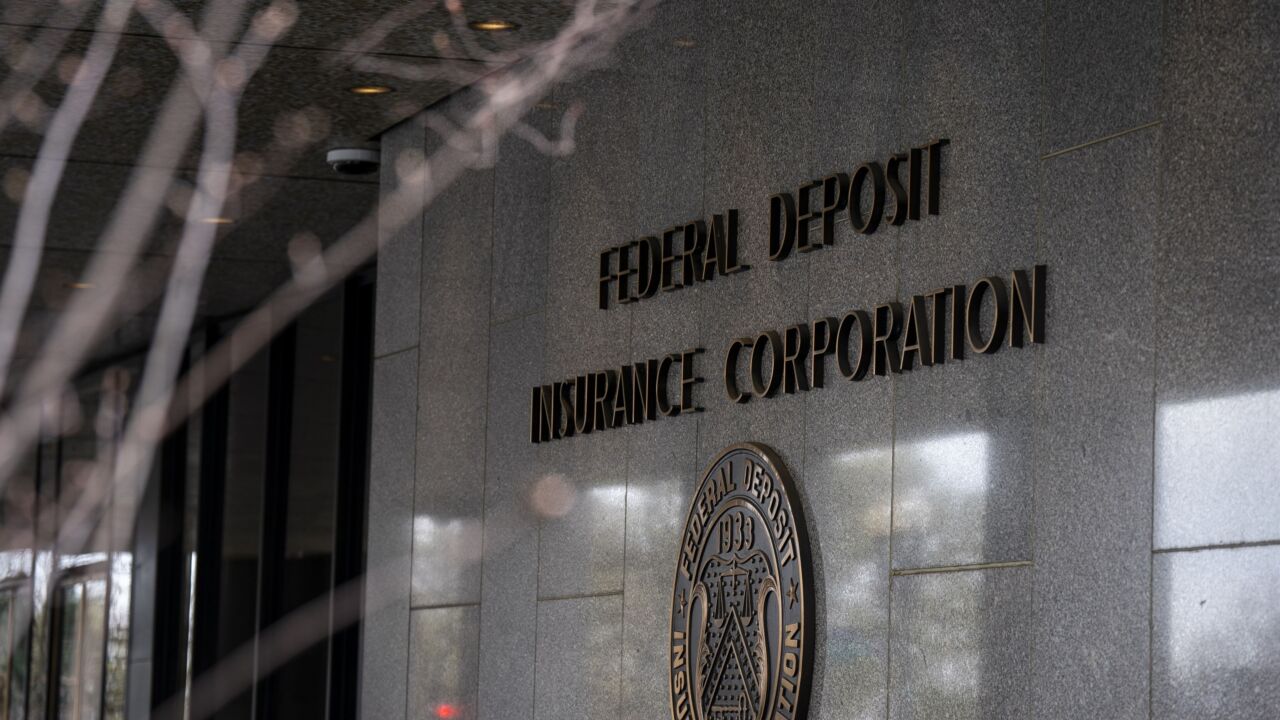It is anticipated that Trump will give executive actions addressing cryptocurrency de-banking and updating a contentious bank accounting regulation top priority.
The bitcoin business may be greatly impacted by executive actions that take place as U.S. President-elect Donald Trump gets ready to return to the White House on January 20.
The Washington Post reported on January 13 that Trump is anticipated to give executive actions addressing cryptocurrency de-banking and updating a contentious bank accounting regulation top priority.
A rule put in place under the Biden administration that required banks that held cryptocurrency to disclose the digital assets as liabilities is being repealed as part of the expected instructions.
The Securities and Exchange Commission’s March 2022 Staff Accounting Bulletin, SAB 121, which has encountered opposition from the cryptocurrency sector, is the source of this policy.
The Trump Team Will Overturn SAB 121
According to people familiar with the talks, the Trump administration has underlined how urgent it is to reverse these actions, and they are a top priority.
The Biden administration has long been condemned by the cryptocurrency industry for what it sees as a planned campaign, known as “Operation ChokePoint 2.0,” that aims to cut off the sector’s access to financial services.
Leaders in the industry have pushed Trump to act quickly during his first 100 days in office, including drafting executive orders pertaining to cryptocurrency.
According to some insiders, on the day of his inauguration, at least one such order might be signed. Trump’s administration is anticipated to review more tech-related rules in addition to those pertaining to cryptocurrency.
Biden’s 2023 AI executive order was recently hinted at being revoked by David Sack, Trump’s appointed advisor on crypto and AI. Conservatives had opposed this decision for emphasizing the use of AI technologies to advance equity. Marc Andreessen, a venture capitalist, has apparently played a significant role in forming Trump’s prospective government.
Andreessen, who is well-known for his tech and cryptocurrency ventures, has been aggressively seeking applicants for important jobs in the fields of technology, intelligence, and military. Trump promised to lower regulatory barriers and establish a strategic reserve for Bitcoin as part of his campaign to support the U.S. cryptocurrency industry.
North Dakota and New Hampshire The Newest States in the US to Consider Bitcoin Reserves
Legislation to create strategic Bitcoin reserves has been introduced in North Dakota and New Hampshire, continuing the growing trend of U.S. states using Bitcoin to diversify their treasuries. Earlier, after House Republican leader Derek Merrin introduced a new bill, Ohio suggested adding Bitcoin to its government reserves.
Similarly, the Texas Strategic Bitcoin Reserve Act, presented by Texas Representative Giovanni Capriglione on December 12, 2024, calls for the state comptroller to keep Bitcoin as a reserve asset for a minimum of five years.
In November, Pennsylvania adopted a similar measure when Representative Mike Cabell introduced a bill that would let the treasury hold up to 10% of its balance sheet in Bitcoin, noting the asset’s ability to act as a hedge against economic volatility. Additionally, corporate Bitcoin owners like Metaplanet and MicroStrategy have increased their Bitcoin holdings.



